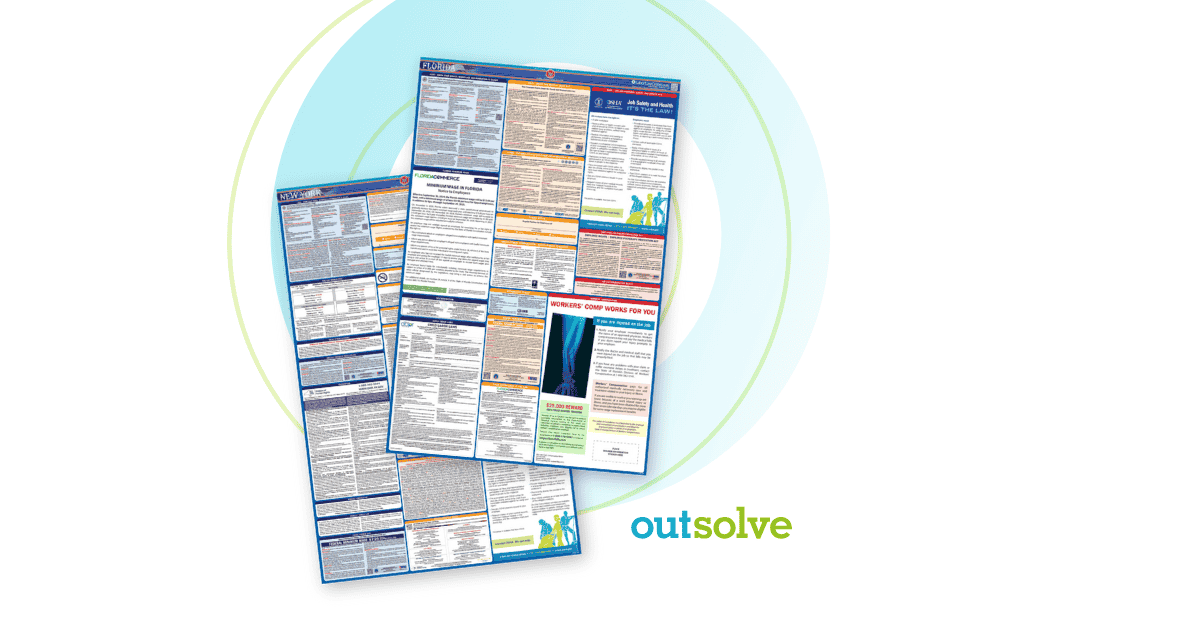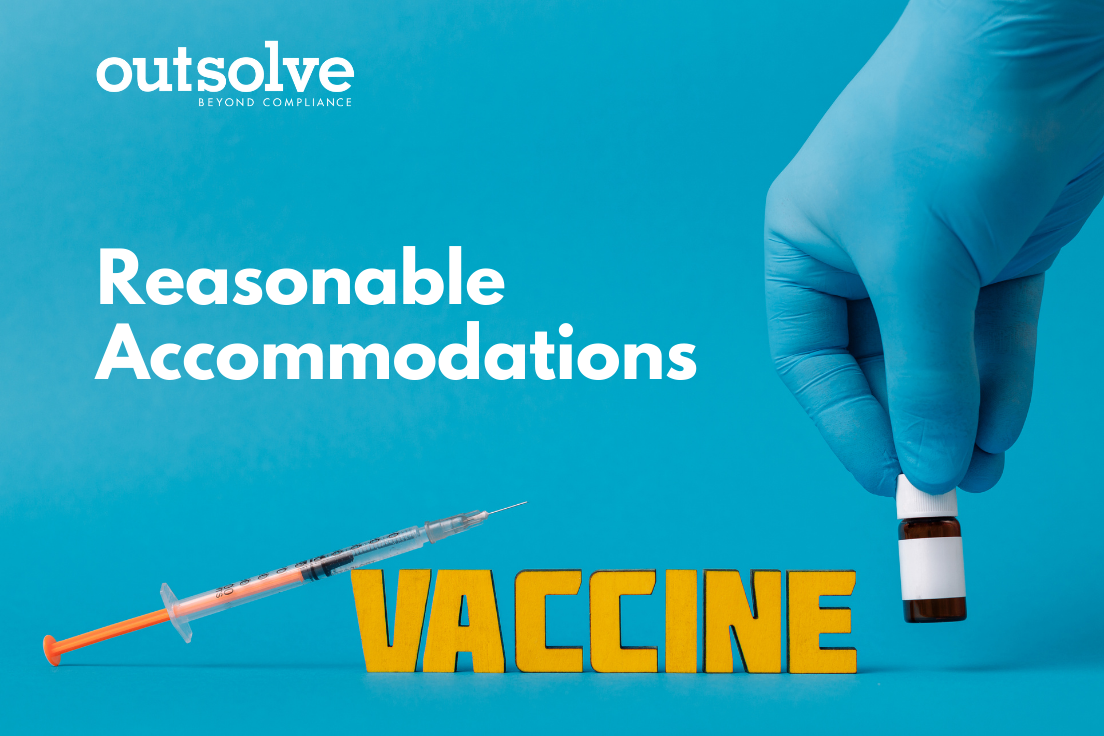The Federal government is supposed to be a model employer. This means that Federal employees may be subject to regulations or afforded certain protections prior to members of the general public. The Rehabilitation Act of 1973 is an example of such protection.
The Americans with Disabilities Act of 1990 provided similar protection for employees in the private sector but they were not provided the protection for seventeen years after the enactment of the Rehabilitation Act.
Executive Orders signed by the President may subject Federal employees, as well as Federal contractors to certain regulations before private-sector employees, are required to comply with similar regulations. It seems that, in recent years, Presidents have been exercising this authority more frequently. COVID 19 is one of the areas in which Executive Orders have been utilized.
Federal employees have been advised that they must be vaccinated or have applied for accommodation through their agency by November 9, 2021, or face disciplinary action. The Office of Personnel Management (OPM) has issued guidance to agencies as to how to proceed. What this means is that employees who have not had at least one dose of the vaccine by November 9, 2021, may be disciplined. The guidance suggests counseling as the first step in the process including trying to get the employee to agree to be vaccinated. The discipline may be accelerated from that point up to and including discharge.
Employees may request a reasonable accommodation for religious reasons under Title VII of the Civil Rights Act of 1964, as amended, (Title VII), or for health-related issues under the Rehabilitation Act of 1973 (Rehab Act). OPM has provided agencies with templates they may use for the purpose of evaluating the accommodation requests. I believe these forms could be helpful to you in your businesses if you have had employees contact you about possible accommodations already. These forms are included in this article.
The guidance goes on to tell agencies that, as with requests for accommodation in other situations, the agency should engage in the interactive process with the employee. If further states that if an employee is denied an accommodation, they have the right to file a complaint with the Equal Employment Office (EEO) at their agency.
I realize that the deadline for Federal contractor compliance has been extended until January 4, 2022, but thought it might be helpful to you to consider what your company will do in the future. Stay tuned for further developments since things related to COVID-19 are ever-changing. EEOC just issued new guidance as did OSHA.
President at EEO Advantage, LLC
Recent Posts
Related Posts

Former DOL Officials Issue Open Letter to Federal Contractors
On April 15, 2025, ten former senior officials from the U.S. Department of Labor (DOL), including past leaders of the Office of Federal Contract...

The Ultimate Guide to Multi-State Labor Law Posters
Human Resources professionals understand how important and challenging it can be to remain updated and compliant with labor laws. This is especially...

Countdown: Final Days of the 90-Day Safe Harbor Period for AAPs
April is here and with that comes the end of the 90-day safe harbor period for federal contractors complying with EO 11246. As April 21, 2025,...
 Toni Ahl
Toni Ahl



